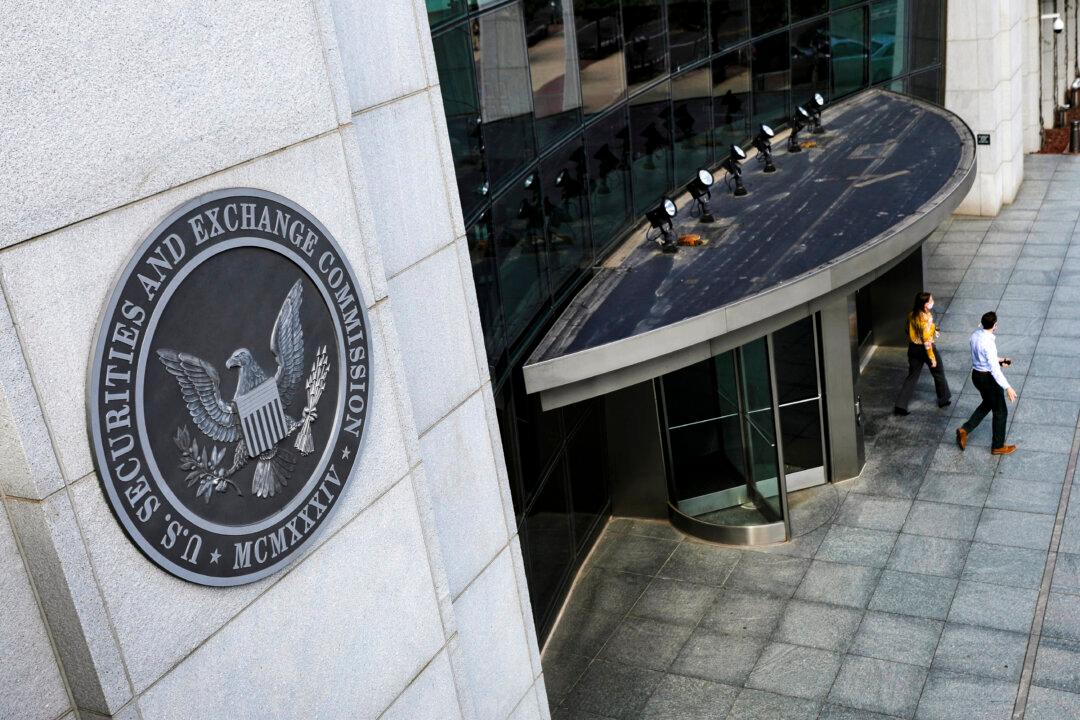The U.S. Securities and Exchange Commission (SEC) announced on Aug. 27 that it had charged China-based investment adviser QZ (Qianze) Asset Management Ltd., its South Dakota-based holding company, and its CEO, Blake Yeung (Pu Lei), for fraud.
The SEC alleges Yeung and his companies defrauded hundreds of people out of at least $6 million in a pre-IPO scheme. Yeung had previously been accused of running a pyramid scheme.





